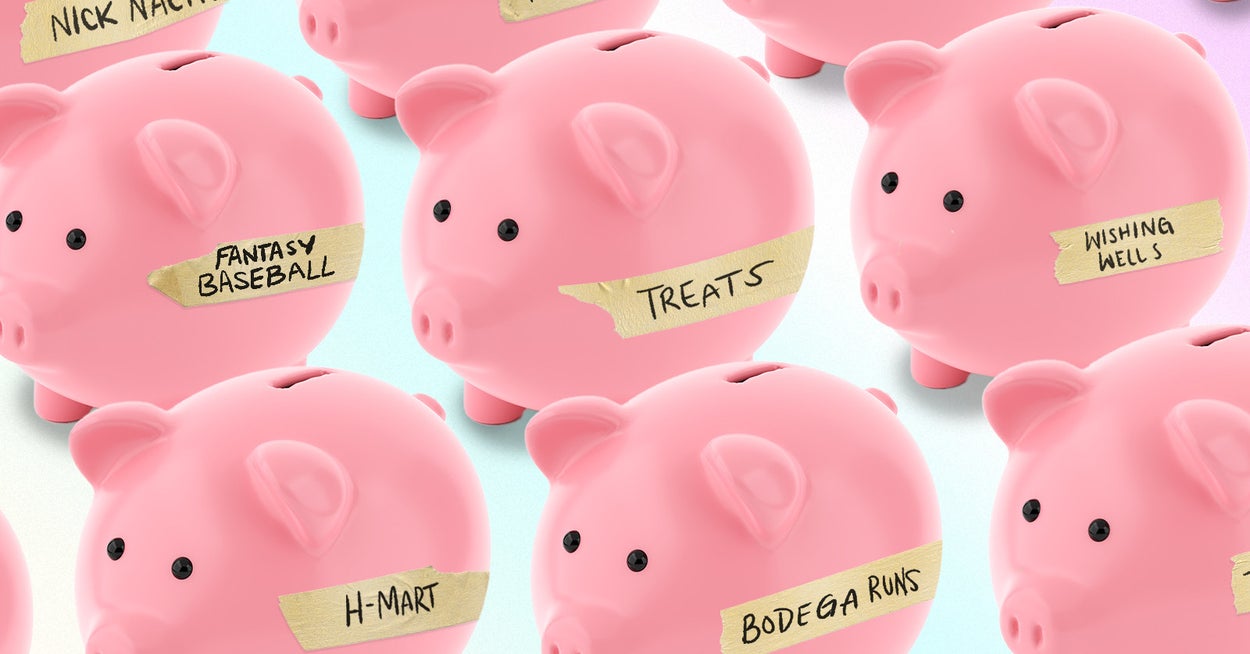Physical Address
304 North Cardinal St.
Dorchester Center, MA 02124
Physical Address
304 North Cardinal St.
Dorchester Center, MA 02124

I want to know more about ADHD and debt. I know a lot of ADHD folks have trouble managing their money, and neurotypical solutions don’t really work for us. I’m hoping that you can help create some solutions for either saving money or trying to pay off debt. I personally have student debt, and some credit card debt that is from impulsive spending. What is the best way for me to cut back using a sustainable solution, keeping in mind my ADHD tendency to have trouble following too much structure?
ADHD impacts an estimated 8 million adults in the US. It can affect impulsiveness and executive function, making money matters harder. People with ADHD report higher levels of debt, impulse buying, difficulty saving money, and trouble understanding bank protocols — you might be able to relate to this, and you’re not alone. It’s hard when commerce has been designed to eliminate every barrier in the way of spending money; no wonder impulse buying makes up between 40% and 80% of all purchases.
I brought your question to David DeWitt, a 32-year-old certified financial planner at DeWitt Capital Management in Wayne, Pennsylvania, who works specifically with clients who have ADHD. He also has ADHD himself and had to get out of credit card debt from impulsive spending years ago.
DeWitt creates systems for his clients to save and curtail spending that automate as much of the work as possible. “The hardest part is getting the energy to set it up and doing the groundwork to figure out what your total recurring expenses are, and how much needs to go towards this and that. But once it’s set up, it’s automatic,” he said. Many of his clients who have ADHD have already spent a lot of effort creating budgets, but as you mentioned, that sort of structure can be hard to follow. “One small wrench in the system, and you just self-sabotage and give up — and I can relate to that,” he said; it feels overwhelming, so you abandon it. His tips aim to “put up walls that don’t fall down” when you “get blown up mentally.”
Cutting back on spending is often the first step to paying down debt as long as you put that unspent money toward debt payments. “The real work comes down to working on yourself and learning how to stop impulsive spending if that’s why you have debt,” DeWitt said, noting that some people are triggered by stress or anxiety, or seek a dopamine hit from shopping. “There’s no magical hack for ADHD,” but there are concrete steps people can take that may help themselves in a world meticulously crafted to encourage impulse purchases:
Once you’ve made the switch, you don’t want to overdraft and pay those fees, so monitor your account frequently (even daily). This will also give you a chance to review transactions so you begin to notice patterns and build awareness of your spending, allowing you to make better decisions in real time.
As for reliably paying off debt and saving money, DeWitt said reverse budgeting could help. This is where you set aside money for savings and investing first (and based on your concerns, student loan and credit card debt payments) and then budget out the rest of your spending. It’s the reverse of what most people do, which is to save what’s left at the end of the month. “A lot of my clients will come up with goals, like 500 bucks a month towards debt, and we’ll start with that,” DeWitt said. The important thing is to look at the money coming in and out every month, decide how to allocate your dollars, and then automate as much of it as possible.
“If you label your accounts very specifically, you’re much more likely to stick to it,” DeWitt said. If you’re planning a trip to, say, Italy in October, “You can’t just have a “Vacation” account; that’s too easy to steal from because it’s not real yet in your head. It has to say, ‘Vacation 2023 to This Place.’”
For the “Monthly Bills and Expenses” account, add up all of your recurring expenses and use that amount to dictate how much you’ll deposit into that account, preferably through direct deposit from your paycheck. You should have a separate “Spending Money” account for discretionary purchases, so these things don’t get muddled.
Dewitt said “ADHD helps explain your behaviors, but you’re still able to get out of your situation. At the end of the day, you need to take care of yourself.” ●